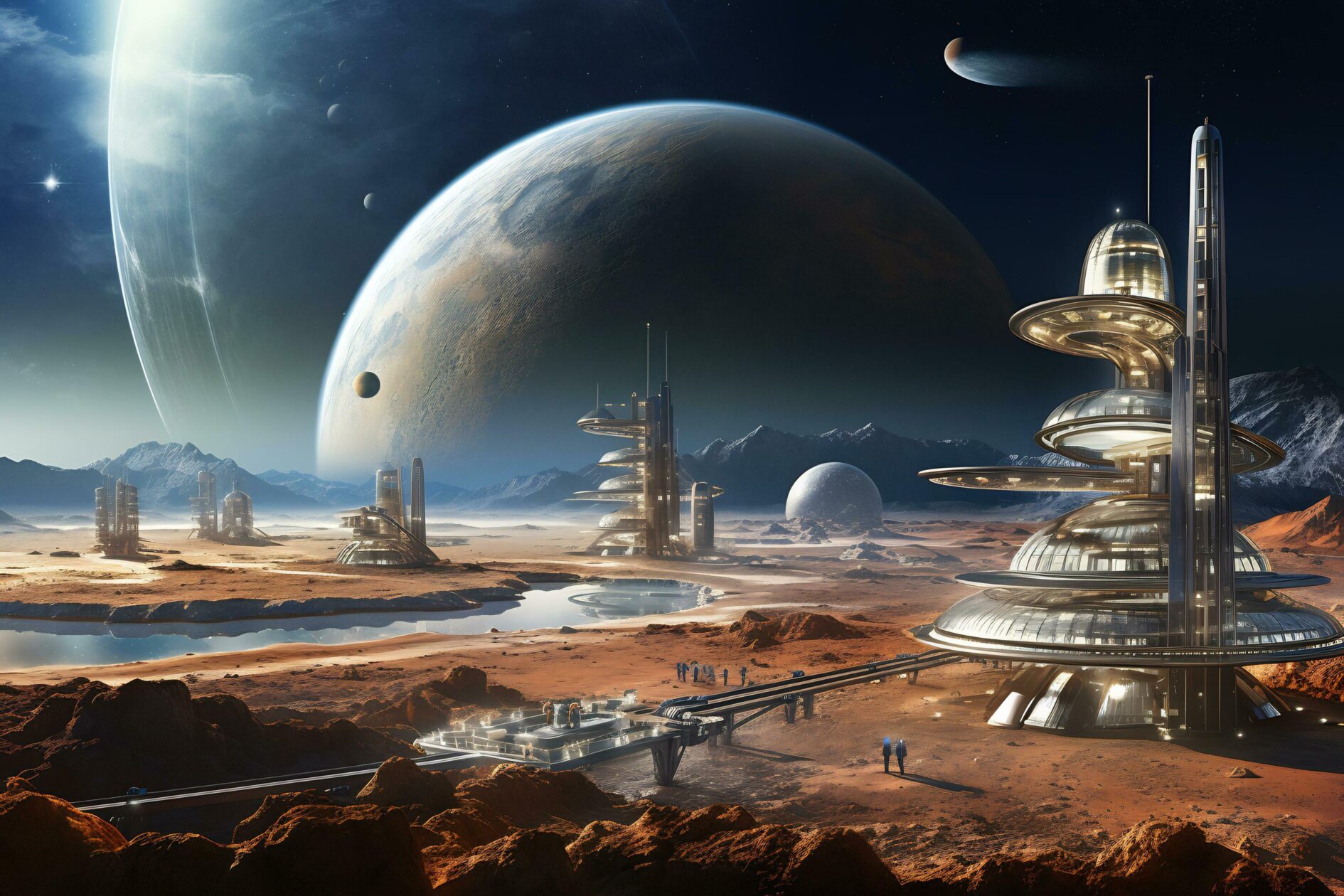Space exploration and colonization
Space exploration and colonization have been a topic of fascination for humans since ancient times, with countless myths and legends depicting beings traveling to other worlds.
This article explores the history of space exploration and colonization, the current state of the field, and the potential benefits and challenges of establishing a human presence beyond Earth.
In modern times, the exploration and colonization of space have become an area of interest for scientific research, technological advancement, and the development of new industries.

The History of Space Exploration and Colonization
The first major milestone in space exploration was the launch of the Soviet Union’s Sputnik 1 satellite in 1957. This event spurred a “space race” between the United States and the Soviet Union, with both nations striving to achieve new milestones in space exploration.
In 1961, Yuri Gagarin became the first human to journey into space, and in 1969. The United States Apollo 11 mission landed the first humans on the Moon.
Since then, space exploration has continued to advance, with missions to study the planets of our solar system, observe distant galaxies, and explore the edges of the universe.
Robotic probes have been sent to Mars, Saturn, and beyond. Providing scientists with new insights into the history and composition of our solar system.
Space colonization, a concept explored in science fiction for years, envisioned colonies on the Moon, Mars, and other planets. However, it wasn’t until the early 2000s that commercial space travel and colonization gained momentum.
Private companies like SpaceX and Blue Origin lead the movement. Aiming to launch humans into space, establish habitats on other planets, and make space travel and colonization accessible to the public.
The Current State of Space Exploration and Colonization
As of 2023, space exploration and colonization are still in the early stages of development. While robotic missions continue to explore our solar system and beyond. Human spaceflight is still limited to low-Earth orbit aboard the International Space Station (ISS).
However, several private companies are making progress toward commercial space travel and colonization.
SpaceX, founded by Elon Musk, has developed the Falcon 9 rocket and Dragon spacecraft to launch humans and cargo into orbit. The company is testing the Starship spacecraft, designed for missions to the Moon, Mars, and beyond.
Blue Origin, founded by Amazon CEO Jeff Bezos, is developing the New Shepard rocket and capsule. Which will eventually carry humans on suborbital and orbital flights.
Other companies, such as Virgin Galactic and Boeing, are also working on developing commercial space travel capabilities.
Additionally, NASA plans to return humans to the Moon by 2024 with the Artemis program. Aiming for a sustainable lunar presence and eventual human missions to Mars.
Benefits of Space Exploration and Colonization
There are several potential benefits to space exploration and colonization. One of the primary benefits is scientific discovery. Exploring other planets and celestial bodies helps scientists understand more about the history and composition of our solar system and the universe.
This knowledge can help us better understand the origins of life and the potential for life beyond Earth.
Space exploration and colonization also have the potential to drive technological advancement. Advances in space technology have led to new developments in fields such as telecommunications, robotics, and materials science.
The development of new industries, such as space tourism and asteroid mining, could also provide economic benefits.
Another potential benefit of space exploration and colonization is the establishment of a backup plan for human civilization.
In the event of a catastrophic event on Earth, such as a massive asteroid impact or a nuclear war. A human presence on other planets or in space could ensure the survival of our species. 카지노사이트